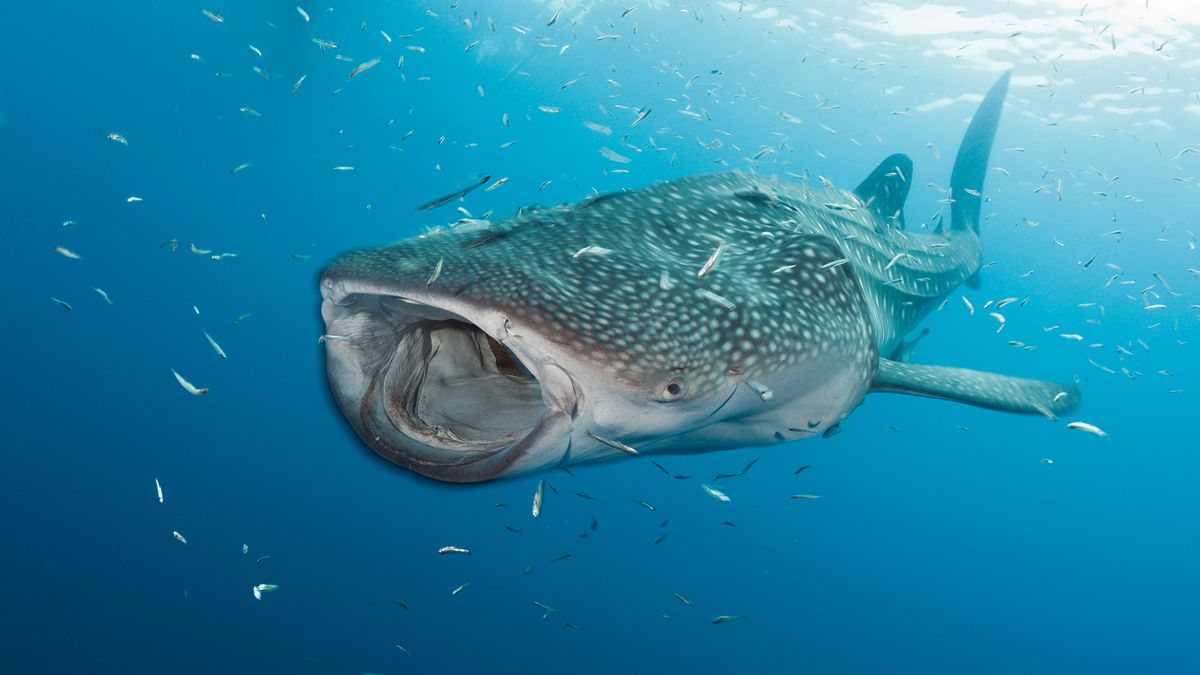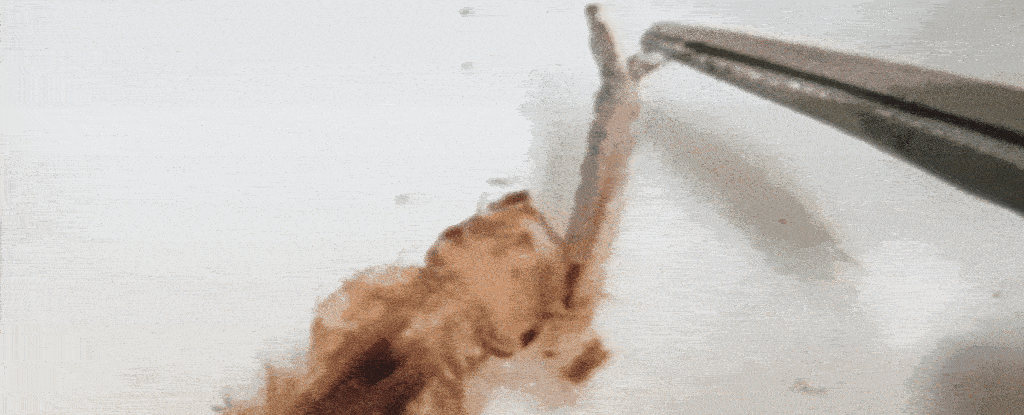
larvae
In biology, a lerp is a structure of crystallized honeydew produced by larvae of psyllid bugs as a protective cover.

Two University of Michigan biologists led a recent freshwater mussel study based on fieldwork along two rivers in SE Michigan. The study investigates mussels’ reproductive cycle, which includes the use of fleshy “mantle lures” by pregnant females to attract nearby fish and “infect” them with larvae.




/cloudfront-us-east-2.images.arcpublishing.com/reuters/TI6T3K33HRO7VNI74VOFME52T4.jpg)


